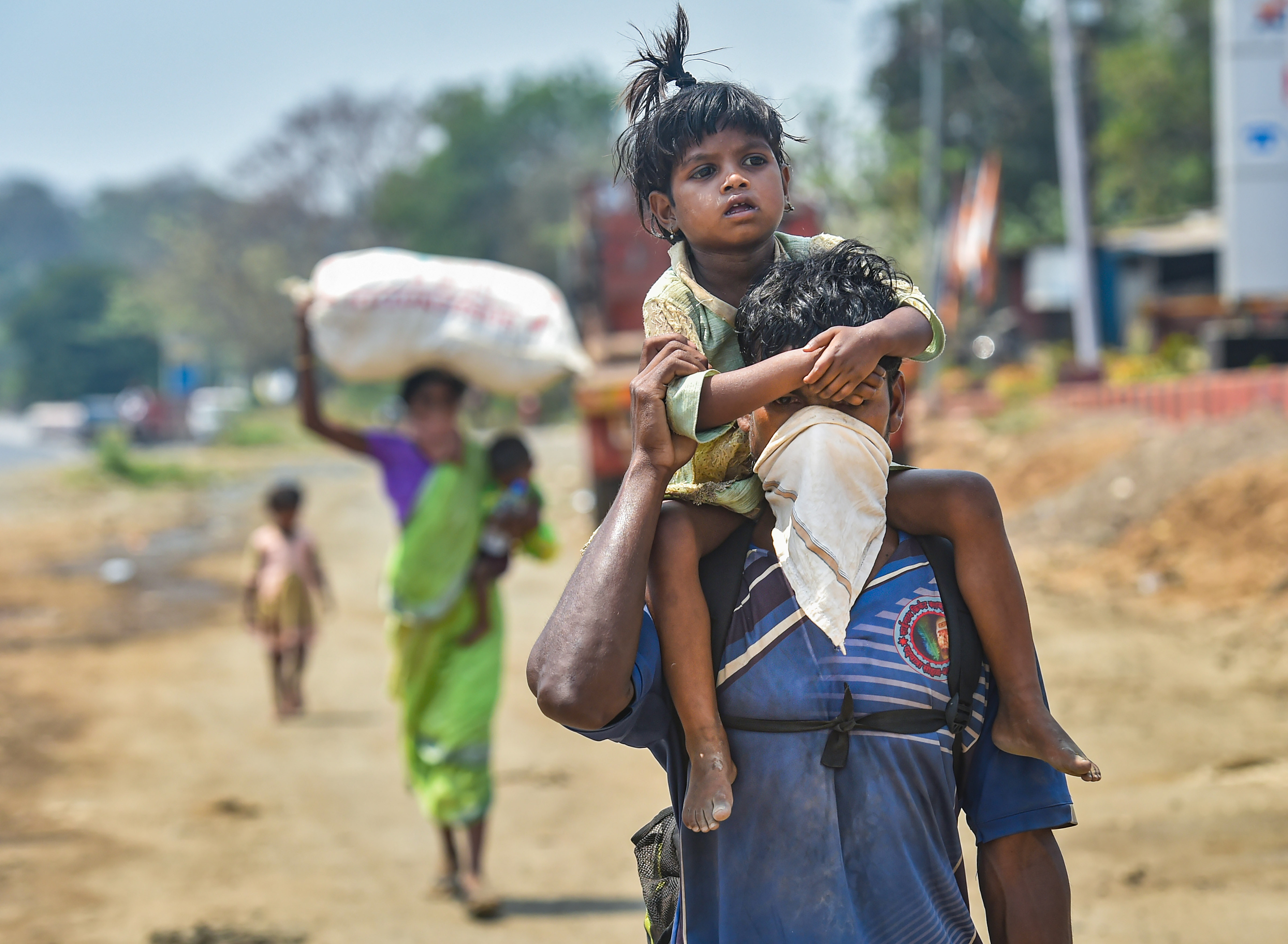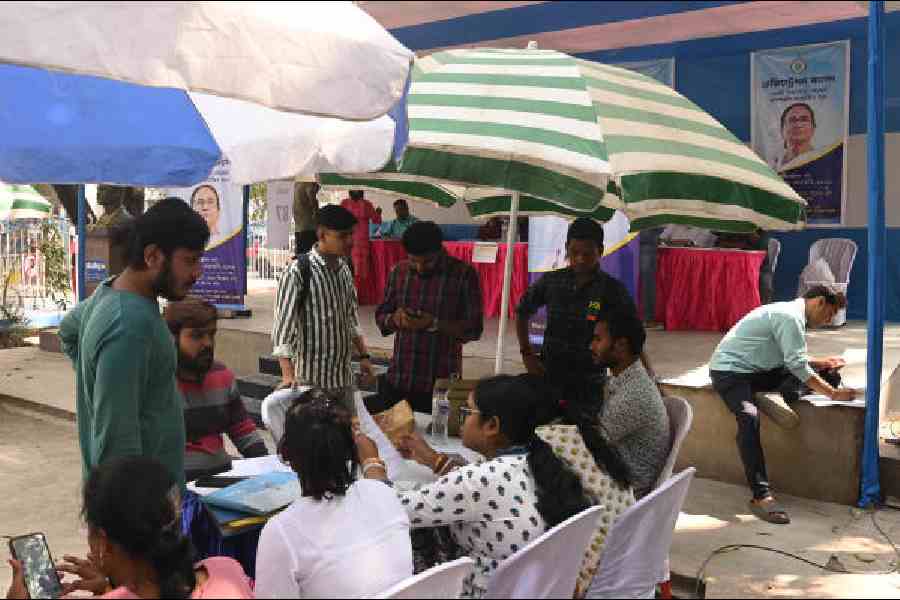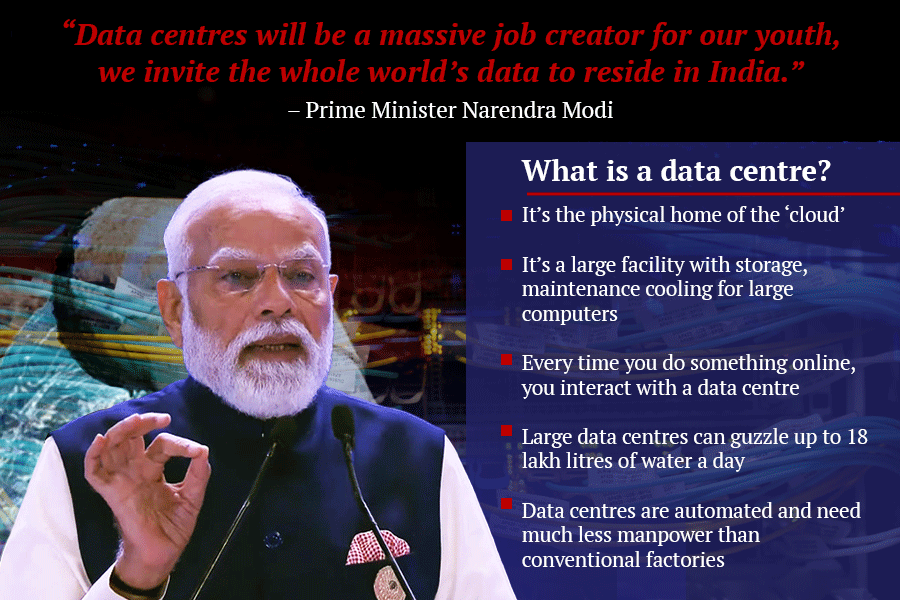India’s version of the Long March has been unfolding over the past few days with migrants, underfed, uncared for and desperate to reach home, taking the road. Some have perished in the course of these arduous journeys: a man died in Agra, out of exhaustion, before he could reach home. The Centre’s instruction to states to halt the march of migrants, although necessary to contain the risk of infection, is likely to exacerbate their sufferings. Some of the agony could have been avoided had the Centre, in consultation with states, put in place a robust mechanism to help this vulnerable constituency. Instead, the interventions were, as is often the case with India’s poor, marked by confusion and ad-hocism. Measures to ease the plight of migrants — transportation, food and money — or to uphold their dignity — a group was doused with disinfectant — were few and far between even though some states attempted to alleviate the crisis. The absence of foresight in policy is also reflected in some of the welfare measures that have been announced. The Centre has directed states to ensure that wage labourers are not denied their payment but the absence of regulatory mechanisms — a concrete database of migrant labourers remains elusive — means that the benefits of such ‘benevolence’ remain uncertain. The direct cash transfers — they are measly — announced by the finance minister in her relief package would, similarly, be hampered by the State’s inability to identify the needy. The challenges are manifold. Migrants are unlikely to be rehabilitated in their native villages on account of the fear of contagion. Most states have not done enough to dispel these anxieties with dedicated awareness campaigns. Their return would cause structural implosions in the economy. For instance, the agricultural cycle as well as the small and medium-sized enterprises could well be crippled by the disruptions in the labour economy. Are there contingency plans to meet these challenges?
The coronavirus has not only bared India’s woefully inadequate health apparatus but also the hollowness of its welfare model. The limitations of public welfarism at the time of a serious crisis threaten to undermine the moral contract that binds the Indian State to the citizens. The prime minister has apologized — scoring political points is irresistible — for the hardship caused by the lockdown. But can an apology be a balm for empty stomachs and bruised feet?










